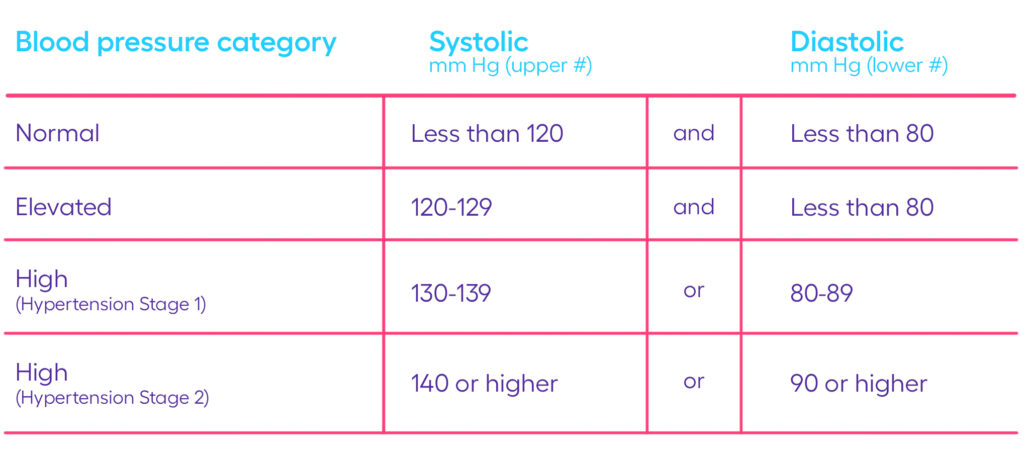Protect Your Heart Health
Did you know that heart disease is the Number 1 cause of death in the U.S.? February is designated American Heart Month to help increase awareness that embracing a healthy lifestyle can help you avoid becoming a statistic. Your heart didn’t come with an owner’s manual, so here is what you need to know in order to keep it healthy.
Know your numbers – They call heart disease the Silent Killer because cardiovascular disease rarely exhibits any symptoms until it’s too late. But high blood pressure and high cholesterol are two significant risk factors that can lead to a heart attack or stroke. Here are numbers to know:
- A total cholesterol level of less than 200 is normal, while a level of 200 to 239 is borderline high. A reading above 240 is considered high.
- A healthy blood pressure is less than 120/80. Blood pressures above 130/80 are considered stage 1 hypertension. Anything higher than 140/90 is considered stage 2 high blood pressure.

Dr. Derek Williams warns that “It is not enough for patients to be on medication for high blood pressure and high cholesterol. They need to be sure that their blood pressure and cholesterol reach safe levels with the treatment. This will lower the risk for serious complications like heart attack, stroke, and kidney failure.”
Get Moving – The benefits of regular exercise go far beyond lowering your risk of cardiovascular disease, but staying active is one of the most important things you can do to lower your health risk.
Experts recommend at least 150 minutes per week of moderate-intensity aerobic activity or 75 minutes per week of vigorous aerobic activity. But any movement is better than none. A 20-minute walk each day will help you log 140 of that 150-minute goal.
Maintain a Healthy Weight – Health experts generally use body mass index (BMI) as a way of determining if a person is underweight, overweight or within a healthy range. But there are variations for men and women, and for different age categories as well. For most adults, a healthy BMI ranges from 18.5 – 24.9.
(Source: https://www.nhlbi.nih.gov/)
Now that you know the numbers, what lifestyle factors can help you lower your risk and help keep your heart as healthy as possible?
- Limit foods high in saturated fats, sugar, and salt. Processed and packaged foods can be high in all of these.
- Consume more whole grains, fruits, and vegetables.
- Limit alcohol consumption
- Make exercise a part of your daily routine, even if it’s a brief walk around the block.
- Stop smoking or vaping.

